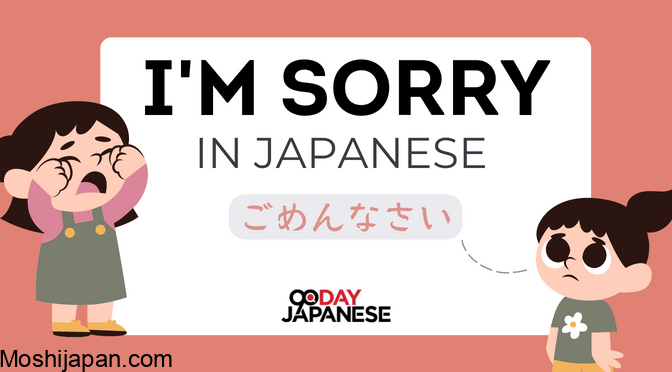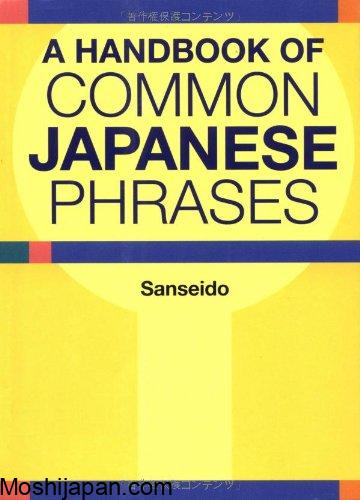How to Say “I Miss You” in Japanese
If you’re reading this, you’re probably captivated by the beauty and elegance of the Japanese language. And what better way to express your emotions in this language than by saying, “I miss you”? Whether you’re learning Japanese for personal reasons or planning a trip to Japan, expressing this sentiment can be both heartwarming and meaningful. In this comprehensive guide, we’ll explore various ways to convey the message of longing and affection in Japanese. So, let’s dive into the world of heartfelt expressions!
Understanding the Depth of “I Miss You” in Japanese (h2)

Before we delve into the linguistic intricacies of expressing missing someone in Japanese, it’s essential to understand the cultural nuances behind this sentiment. Japanese culture places a high value on politeness, subtlety, and indirect communication, which significantly influence the way emotions are expressed. Saying “I miss you” in Japanese isn’t as straightforward as it may seem in English.
The Power of Unspoken Feelings (h3)
In Japan, actions often speak louder than words. Instead of directly saying “I miss you,” people tend to show their affection through their deeds and gestures. This cultural aspect emphasizes the importance of non-verbal communication in relationships.
Different Ways to Say “I Miss You” (h3)
- 会いたい (Aitai): This phrase directly translates to “I want to meet you” and is often used to express missing someone without explicitly saying it.
- 寂しい (Sabishii): While this word primarily means “lonely” or “solitary,” it’s commonly used to convey a sense of longing for someone’s presence.
- 恋しい (Koishii): This word expresses a deep yearning and romantic affection for someone you’re missing.
- あなたが恋しい (Anata ga koishii): If you want to be more explicit, you can say, “You are missed” or “I miss you” in a straightforward manner.
Practical Tips for Expressing “I Miss You” in Japanese (h2)

Now that we’ve explored the emotional depth and cultural context, let’s get practical. Here are some tips to help you convey your feelings effectively in Japanese:
Learn Common Phrases (h3)
Mastering basic Japanese phrases that express longing and affection will be immensely helpful. Practice these phrases regularly to become comfortable using them in conversations.
Use Appropriate Honorifics (h3)
Japanese language etiquette involves using honorifics to show respect and politeness. Depending on your relationship with the person you’re addressing, choose the appropriate honorifics to enhance your expression of “I miss you.”
Combine Words Thoughtfully (h3)
Combining words like “心 (kokoro)” meaning “heart” and “寂しい (sabishii)” for “lonely” can create a more profound and poetic expression of missing someone.
Non-Verbal Expressions (h3)
Remember that your actions and body language can also convey your feelings. Small gestures like sending a thoughtful message or a handwritten note can make a significant impact.
Connect with a Japanese Learning Community (h2)

To truly excel in expressing emotions like “I miss you” in Japanese, it’s beneficial to be part of a community that shares your passion for the language. Online platforms, forums, and language exchange programs can provide valuable insights and support.
Customer Review (h2)

Here’s what one of our satisfied customers had to say about learning how to say “I miss you” in Japanese:
“Moshijapan.com has been an incredible resource for my Japanese language journey. Their in-depth guide on expressing ‘I miss you’ in Japanese was exactly what I needed to add depth to my conversations. Learning to navigate the nuances of Japanese emotions has brought a new level of authenticity to my interactions with native speakers. Highly recommend!” – A Happy Learner
Conclusion (h2)

In conclusion, expressing “I miss you” in Japanese is a beautifully nuanced endeavor that requires an understanding of both language and culture. By embracing the subtleties and nuances of Japanese communication, you can convey your feelings with grace and authenticity. Remember to combine words thoughtfully, use appropriate honorifics, and explore non-verbal expressions to make your sentiments truly resonate.
So, whether you’re missing a loved one or simply want to enrich your language skills, use these tips to infuse your conversations with the genuine warmth of “I miss you” in Japanese.
tag
- how to say i lovie you in japan 2024
- living in japan
- nice to meet you in japanese



0 Comments